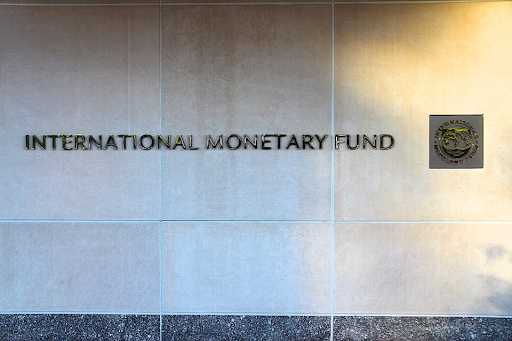The global economy is currently in a deceptive calm, with a leading financial body upgrading this year’s growth forecast to 3.2% due to “unexpected resilience.” However, this seemingly positive news is delivered with a stark warning that this is merely the calm before a potential storm, as the long-term outlook remains decidedly “dim.”
The report suggests that the storm’s first clouds are the delayed effects of protectionist trade policies. The full impact of US-led tariffs has been postponed, not cancelled, creating a false sense of security. The analysis compares the situation to the UK after Brexit, where a significant time lag occurred before business investment began its steady decline, suggesting a similar pattern will play out on a global scale.
The United Kingdom finds itself in a particularly precarious position within this calm. While its 2025 growth has been nudged up to 1.3%, it is facing a gathering storm of inflation, which is forecast to be the highest in the G7 for the next two years. This underlying price pressure indicates that the country’s economic foundations are less stable than the growth figure suggests.
Other storm clouds are also gathering on the horizon. The report highlights the economic drag from restrictive immigration policies, which could shave up to 0.7% off US GDP alone. Furthermore, it warns of “stretched valuations” in the stock market, raising the possibility of a sudden financial squall if the current optimism around AI technology subsides.
The ultimate message is for policymakers not to be lulled by the temporary quiet. The advice, especially for institutions like the Bank of England, is to act with extreme caution, as the biggest economic challenges are still brewing and the current resilience is unlikely to last.

